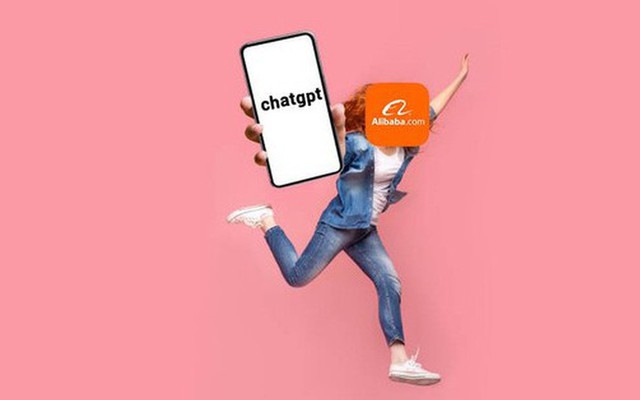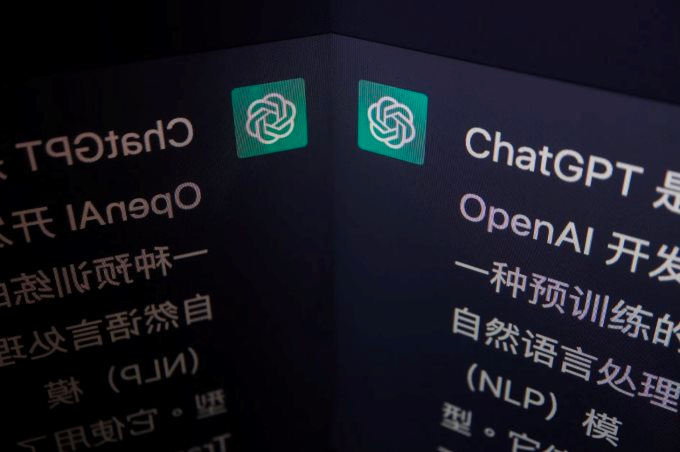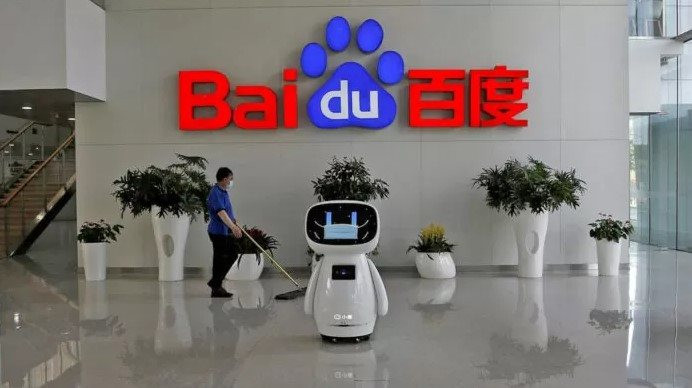ChatGPT fever swept through China, many technology “giants” could not stand still
- Tram Ho
ChatGPT fever in China
According to Reuters news agency, although users in China cannot create OpenAI accounts to access the AI-powered chatbot ChatGPT, virtual private networks and phone numbers outside of China are helping some people. overcome those limitations.
At the same time, the OpenAI algorithms behind the ChatGPT engine, which can write essays, recipes, and code… are relatively accessible in China and increasingly integrated into public applications. the country’s consumer technology, from social media to online shopping.
The growing popularity of the tool is rapidly raising awareness in China of how advanced AI is in the US, and tech companies in the world’s second-largest economy, according to analysts. far behind the US.

“There is a lot of excitement around ChatGPT,” said Ding Daoshi, director of Beijing-based internet consulting firm Sootoo. Unlike Metaverse which has great difficulty in finding real-life applications, ChatGPT has unexpectedly helped us to achieve human-computer interaction. The changes it brings are immediate, direct, and much faster.”
OpenAI or ChatGPT itself is not blocked by the Chinese Government, but OpenAI does not allow users in mainland China, Hong Kong, Iran, Russia and some regions in Africa to register for use.
OpenAI told Reuters it is working to make its service more widely available.
“While we want to make our technology available everywhere, conditions in some countries make it difficult, or impossible, for us to do so in a way that is consistent with our mission. We are currently working to increase the number of places where we can provide secure and beneficial access to our tools,” the San Francisco-based company said in a statement sent to the company. by email.
According to Chinese media, in December 2022, China’s largest messaging app WeChat by Tencent blocked a number of ChatGPT-related apps from appearing online, but they continued to appear.
Dozens of chatbots equipped with ChatGPT technology have appeared on WeChat, and people can use them to program or create automated accounts that can interact with users. The minimum user fee is 9.99 yuan (about 35,000 VND) to ask 20 questions.
Tencent did not respond to Reuters’ request for comment.

According to Reuters, Chinese companies are also using “firewall” tools or taking advantage of an existing partnership with Microsoft – which is investing billions of dollars in OpenAI – to access tools that allow them to embedding AI technology into its products.
In December 2022, Shenzhen-based company Proximai introduced a virtual character in its 3D game-like social networking app; this character uses ChatGPT’s core technology to chat.
Beijing-based entertainment software company Kunlun Tech is planning to incorporate ChatGPT in its Opera web browser.
SleekFlow – a startup backed by Tiger Global in Hong Kong – says it is integrating AI into its messaging tools with its customers. Henson Tsai – SleekFlow founder – says: “We have customers around the world. Among the many solutions, ChatGPT performs excellent translations, sometimes better than other solutions currently on the market.”

Baidu said it will complete an internal test of “Ernie Bot” in March.
Competitors from China
According to Reuters, in the race for AI, China’s biggest technology “giants” such as Baidu and Alibaba cannot be missed. Over the past week, these companies have announced updates on the AI models they are working on, sending the value of their shares skyrocketing.
Last week, Baidu said it would complete internal testing of “Ernie Bot” in March, an AI chatbot that the search company has been researching and developing since 2019.
On February 8, Alibaba said that its research institute Damo Academy is also testing a tool like ChatGPT.
Duan, whose company is using a Baidu AI chatbot called Plato for natural language processing, said that ChatGPT is at least a generation more powerful than current Chinese solutions, though it is weaker in some areas, such as understanding conversational context.
Baidu did not respond to Reuters’ request for comment.
Access to GPT-3, or OpenAI’s Generative Pre-training Transformer, an update first released in 2020, is the backbone of ChatGPT.
The potential long-term risks could lead Chinese companies to replace ChatGPT with a domestic solution, Duan said, if they are functionally similar to the US-developed product.
“So we really hope that there may be alternatives in China that we can directly use… it can handle Chinese even better, and it also has can better comply with regulations,” said Duan.
Source : Genk
